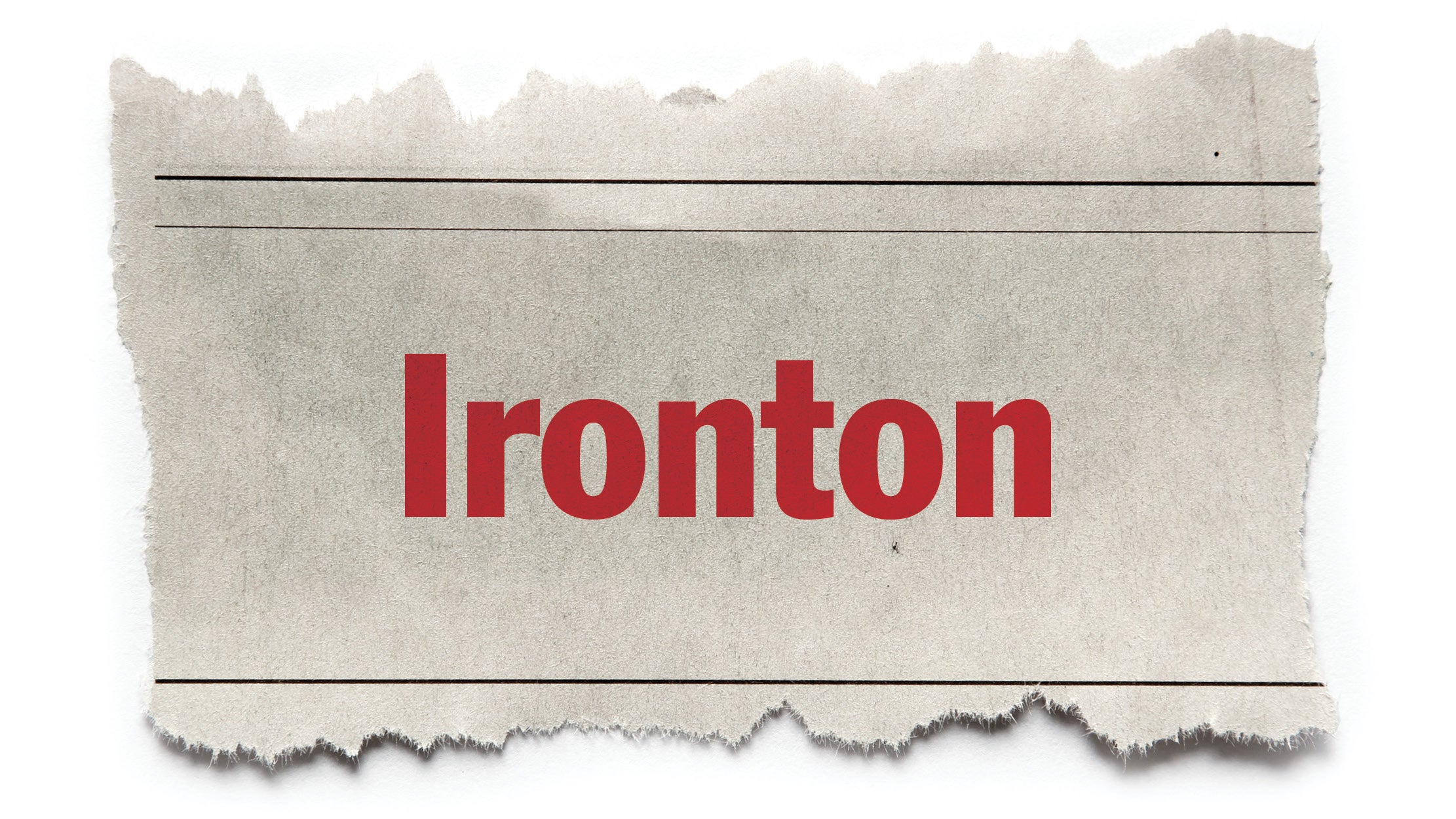Governor proposes income tax cut, hikes elsewhere
Published 9:28 am Tuesday, February 5, 2013
COLUMBUS (AP) — Gov. John Kasich proposed a sweeping budget Monday that reduces state income and small business taxes through increases in other areas, boosts school funding and expands Medicaid services with help from the federal government.
The Republican governor said the $63.1 billion, two-year spending blueprint represents “the right mix” of supporting economic development and helping the needy.
“That’s the hallmark of this administration,” he said. “It’s not enough that some people can do well. Everyone in Ohio must have the prospect of doing better.”
He predicted that the state will have gone from a $7.7 billion deficit to a surplus of as much as $1.9 billion by the end of the budget cycle, triggering an estimated 4 percent tax refund from the rainy day fund to all Ohioans. The growth is being fueled by bonding of the Ohio Turnpike, bonding of the state liquor operation through Kasich’s private nonprofit JobsOhio, economic gains, and added revenue from expanded gambling.
Kasich’s tax reform package incorporates a significant rewrite of Ohio’s tax code that delivers $1.4 billion in tax cuts over three years. Kasich said it reflects the state’s shift from a manufacturing to service economy.
It reduces the tax rate on virtually all small businesses by 50 percent, cuts the income tax rate statewide by 20 percent over three years, and lowers the sales tax rate from 5.5 percent to 5 percent while imposing the tax on more services.
The income tax would be cut by 7.5 percent this year, by another 7.5 percent in 2014 and by an additional 5 percent in 2015.
“There’s going to be a hot time in the old town tonight,” Kasich said of what he predicts will be the positive effects on the economy from the changes.
“Governor Kasich’s tax proposals are welcome, because they address Ohio’s biggest long-term problem: sluggish growth in job opportunities and incomes,” Ohio University economics professor Richard Vedder said in a statement released by the administration.
The revisions will impose sales taxes on professional services — including lawyers, lobbyists and accountants — in a move that is sure to set off a contentious policy fight at the Statehouse. States that have tried something similar, including Michigan and Florida, have quickly had to backpedal amid concerns implementation was unworkable. The Ohio plan continues to exempt from the tax some widely used daily services, including child care, housing and medical services.
The administration hopes to ease some of the opposition by reducing the overall sales-tax rate while expanding the tax to other areas. Kasich said the time has come to rewrite the code to include those services.
The budget package also incorporates Kasich’s answer to Ohio’s unconstitutional school funding plan. The overhaul outlined last week delivers $1.2 billion in additional funding to districts over the biennium, which the budget couples with a new formula for higher education funding that ties half of state subsidies for public colleges and universities to the number of students who graduate, rather than attend, their institutions.
Kasich’s “Achievement Everywhere” education plan would bring all school districts up to the tax base level of a district with $250,000 in property value per student, easing wide disparities in millage revenues from local property tax levies that have contributed to courts declaring the current system unconstitutional.
It would establish a $300 million fund to pay for competitive innovation and efficiency grants among other proposals, and delivers additional add-ons to districts to account for the number of poor, special-needs, gifted and college-bound students.
The governor said districts should not be nervous about their individual state subsidies, because the plan takes into account their ability to pay.
“There’s no anxiety to have, you are who you are,” Kasich said. “If you’re not 6-foot-tall, you can’t ride on the big roller coaster. … It’s an exact science. It’s not a matter of political opinion.”
The governor has also opted to support expansion of Medicaid under the federal health care law, providing health care coverage to potentially half a million uninsured Ohioans. He said he still opposes the health care mandate aspect of President Barack Obama’s Affordable Care Act, but he predicted funding chaos especially for small-city hospitals by rejecting the expansion offer contained in the law.
“It’s an important point to make that we’re recapturing something for a very useful purpose that we think in the end will allow Ohio to move forward,” Kasich said.
He called it “the right decision for Ohio,” and said it’s important that the state send money to those most in need.
“Many of our mentally ill are in our jails today, because they received no care, or living under a bridge,” he said. “It’s not acceptable in a big state like Ohio, a major powerhouse in the United States of America.”
Kasich campaigned in 2010 on a pledge to reduce Ohio’s income tax, and he delivered on the promise with Monday’s proposal. To fund the cut, he’s resurrecting a proposal to increase Ohio’s severance tax on large-volume oil and gas drillers in what the administration says is a “fair, equitable and competitive” change. Their plan eliminates the tax altogether on small oil and gas producers.
“What this proposal does is it aligns the tax code with the realities of the economy,” state Tax Commissioner Joe Testa said.
The Legislature failed to act on the oil and gas proposal last session, after pushback from oil and gas producers, local communities enjoying the bounty of the energy exploration boom, and some tea party groups opposed on principle to tax increases.




